In a recent podcast conversation, I had the chance to sit down with Dr. Aaron Beighle from the University of Kentucky—an influential voice in physical education who has spent his career connecting research to practice. Our discussion ranged from the evolution of physical education, to the role of teacher preparation, to the ever-present challenge of ensuring PE remains relevant in today’s schools.
Building a Research-Practice Bridge
One of the first themes we tackled was the long-standing disconnect between researchers and practitioners in physical education. Aaron has consistently positioned himself as someone who translates research into practical tools teachers can use immediately in their classrooms. From creating accessible teaching resources to engaging with educators on social media, his work reflects a commitment to making sure scholarship does not remain trapped in journals but instead shapes the daily experiences of students.
We reflected on our own collaboration during the COVID years, when Zoom meetings sparked an unlikely co-authored article on policy. While policy may not have been our primary area of expertise, it highlighted the importance of stepping outside traditional comfort zones. That experience mirrored Aaron’s broader belief: PE research must not only be about advancing theory but also about addressing the real-world contexts teachers face.
Dynamic PE and Teacher Support
Aaron shared his passion for Dynamic Physical Education (DPE), an approach that equips teachers with flexible, engaging activities designed for diverse classrooms. He noted how important it is to give teachers, particularly new or non-specialist ones, the confidence to deliver high-quality PE without being overwhelmed. I mentioned how I had circulated one of his DPE videos to adjunct faculty at George Mason University—a practical demonstration of how these resources can scale impact quickly.
What struck me most was Aaron’s humility in describing this work. Rather than framing DPE as a “one-size-fits-all” solution, he emphasized adaptability and teacher judgment. The point is not to hand teachers a script but to offer a toolkit that respects their professional autonomy.
The Role of Social Media in Professional Growth
Our conversation also touched on professional networking and knowledge sharing in the digital age. Aaron has become a frequent poster on LinkedIn, a space that has replaced Twitter/X for many professionals seeking community and dialogue. For him, these posts are not about self-promotion but about fostering conversations around pedagogy, advocacy, and innovation in PE.
This digital presence highlights a larger trend: educators are increasingly building communities outside traditional conferences or journals. By sharing short reflections, resources, and provocations, Aaron engages teachers who might not otherwise read an academic article but who benefit greatly from distilled, practical insights.
Preparing the Next Generation of Teachers
We also explored the importance of teacher preparation programs. Aaron argued that preparing future PE teachers requires more than teaching content knowledge—it demands cultivating adaptability, empathy, and advocacy skills. As schools continue to navigate constraints like reduced time for PE, shifting standards, and heightened accountability pressures, new teachers must be equipped not only to teach but to defend the value of physical education in their schools.
He stressed that successful programs develop teachers who see themselves as part of a larger movement for student well-being. This perspective reframes PE from being simply about “gym class” to being a cornerstone of health, development, and equity in education.
Looking Ahead: Advocacy and Sustainability
The conversation ultimately circled back to a pressing question: How can physical education sustain itself as a valued part of the curriculum? Aaron suggested that advocacy cannot be left solely to national organizations or policymakers. Instead, it begins with teachers themselves, who can tell powerful stories of student growth, family impact, and school-wide benefits. By documenting and sharing successes—whether in classrooms, at board meetings, or on platforms like LinkedIn—teachers become the strongest advocates for the profession.
Takeaways for Educators
This conversation underscored several key lessons for today’s PE teachers and teacher educators:
Stay connected: Build professional networks through platforms like LinkedIn to share resources and ideas.
Use adaptable tools: Approaches like Dynamic PE provide structure without limiting creativity.
Advocate locally: Teachers’ stories and experiences are essential for sustaining PE in schools.
Prepare broadly: Teacher education should balance content expertise with advocacy, flexibility, and care.
Talking with Aaron Beighle reinforced a truth I’ve long believed: the future of physical education depends on our ability to connect research with practice, and theory with lived experience. His work models how one can remain scholarly while being unapologetically practical—a balance our field needs now more than ever.
(This post was written through a “hybrid human/AI” process. I used ChatGPT 5.0 and built this blog off of our podcast transcript. I use AI to help translate long podcasts into shorter reads. Without this process, you would not be reading this blog. Hope it was useful. -Risto)

